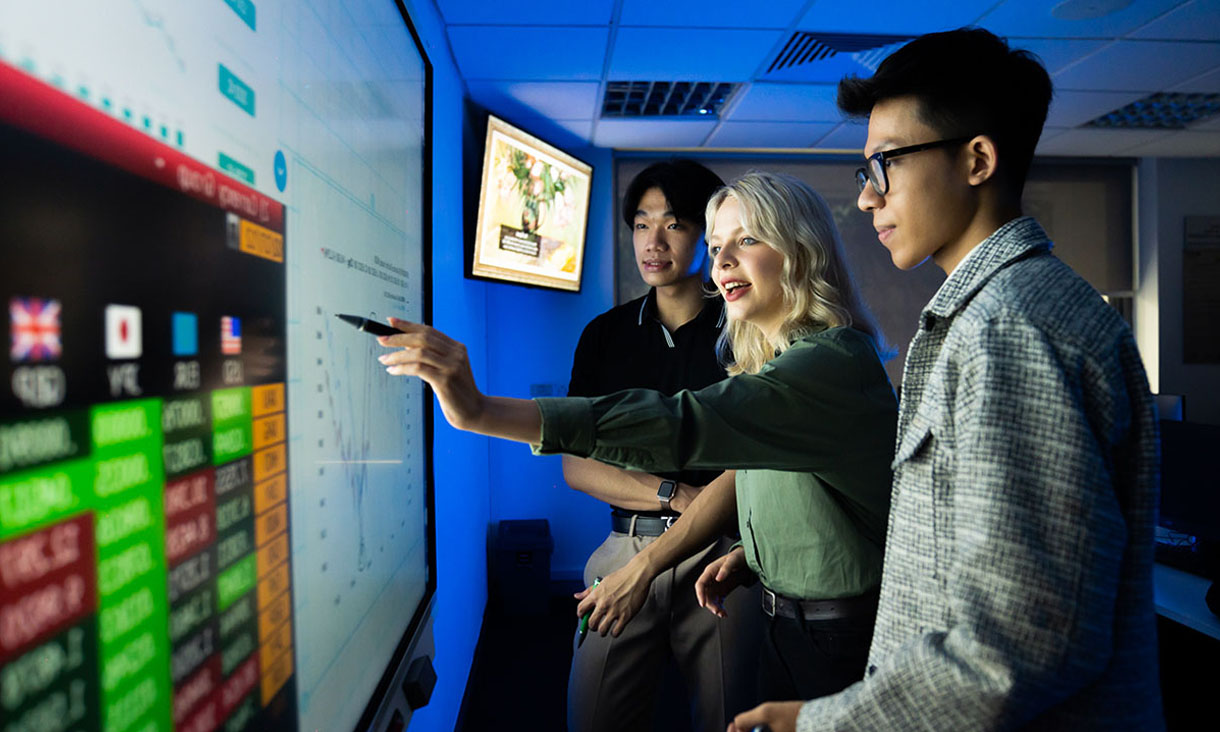Bachelor of Accounting
Designed to equip you with in-depth knowledge, in this degree you will learn how to analyse and evaluate data and information throughout the accounting discipline, preparing you for accounting jobs and a range of other challenging and varied roles linked to accounting principles.
Master of Professional Accounting
Designed primarily for students from non-accounting backgrounds, you will develop an understanding of the technical and social dimensions in accounting and business, delivered through industry-informed, work-integrated learning subjects and global study experiences.


